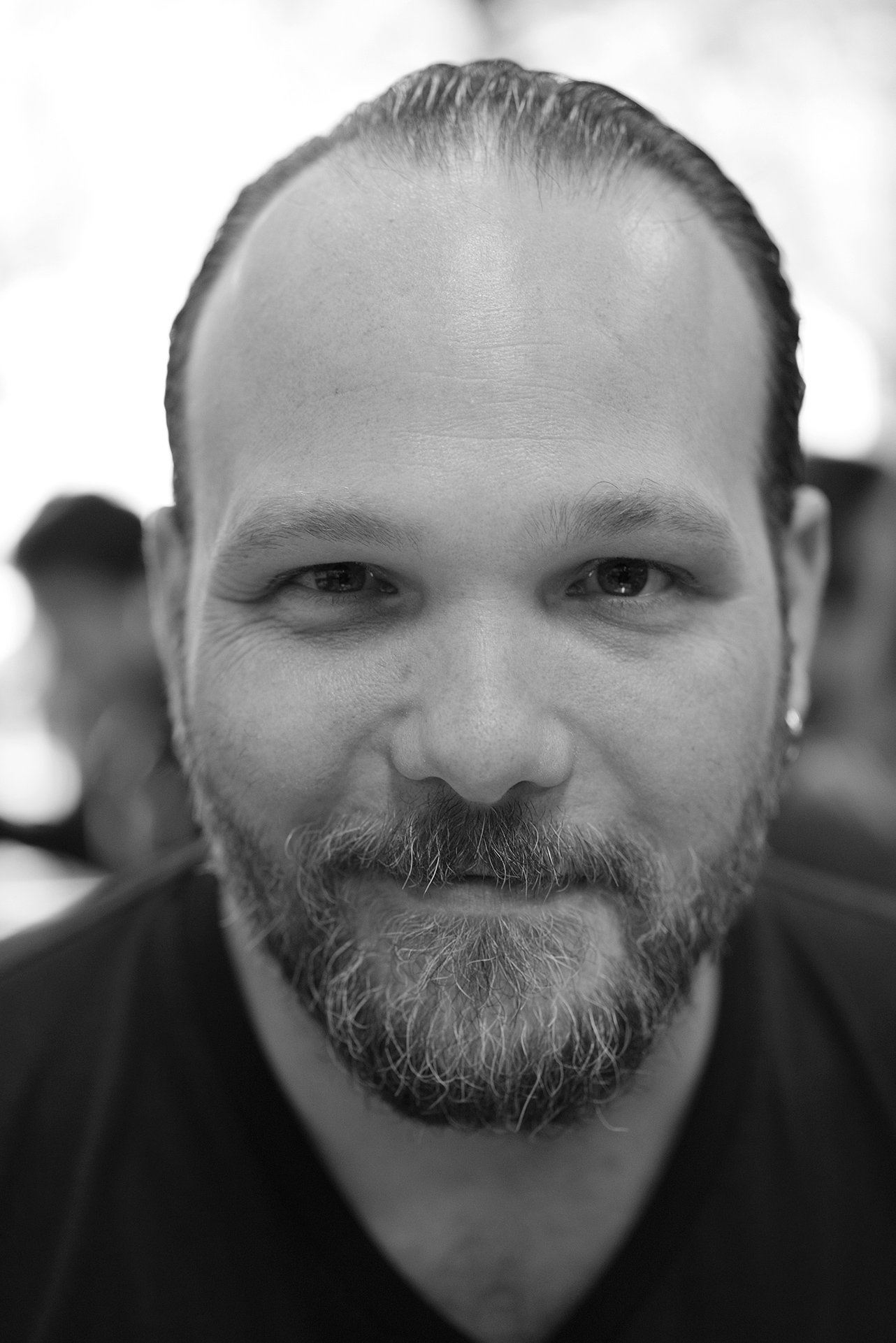Nov 24, 2020 | announcement
Regarding our audio recordings
by Pablo Defendini
Earlier today we published an essay about OutKast by Dr. Regina Bradley. This is an essay written by a Black woman, about Black musicians, and edited by a Black man. I hired a white man to narrate the audio version of the essay, and that narrator decided to use an offensive stereotype of the American southern Black accent in his narration. This basically amounted to auditory blackface, in the worst tradition of racist minstrelsy. So why did I publish it? Frankly, I didn’t listen to it before I posted it. More on that, and on the other errors I made, in a second, because this is the context, not an excuse.
There is no excuse for having published it. I apologize for having done so. Specifically, I apologize to Dr. Bradley for having undermined her work, to Maurice Broaddus for having stained the otherwise outstanding issue of Fireside Quarterly that he edited, and to Chelle Parker, our copyeditor, for having put them in the line of fire for this, when they had no visibility into the audio production process or ability to prevent this from having happened.
The blame for this rests squarely with me, as the person who hires out and manages the audio production process at Fireside. Many people are rightly perplexed at how something like this happened — it’s so egregious that it feels intentional. In the interest of remaining a lean operation, I’ve been hiring one narrator to record the audio for a whole issue’s worth of Fireside Quarterly, and I don’t normally break out specific stories or essays for narrating by particular individuals. This keeps the process more manageable, which is helpful in the context of all the other production tasks that go into publishing Fireside.
I failed to keep proper tabs on this process, and fell down on several fronts: for starters, I chose a white man to narrate this issue — edited by a Black man and featuring multiple works by non-white authors. That was negligent of me. I wasn’t thinking of this piece in particular when I contracted out the entire issue. I should have been looking at it on a story-by-story basis, at the very least.
Apart from the inappropriate choice of narrator, I also didn’t provide any pertinent direction at the outset of the engagement. Normally, when I hire voice talent for narration, I send them some notes about the pieces I want them to narrate, pointing out special considerations, or particular pronunciations of tricky or uncommon terms. I failed to do that here.
I also failed to check each recording when I took delivery of them. I was pressed for time and trying to get work out the door, and I did not take the time to review the finished recordings. As many have correctly pointed out, it takes two seconds of listening to the recording to realize that this one was deeply, deeply problematic. I did not do so — I just moved the files along — and the result is that I allowed an extremely hurtful racist caricature to be published on Fireside’s website.
While it may not have been intentional, intent doesn’t matter. The harm caused is real. And this particular type of harm — in this particular moment in history — is extra fucked up. All I can do at this point is apologize, try to fix it, ensure it doesn’t happen again, and try to make up for it.
In order to try to fix it, for starters, Dr. Bradley’s essay needs to be re-recorded, and I’ve started the process of hiring a Black woman to do so. Further, the narrator who did this essay narrated the other stories in the current issue of Fireside Quarterly as well, and I’ve pulled them all and will be re-recording them. Fortunately, most of the stories in the Autumn issue haven’t been published online yet, so there’s time to rectify this batch of stories.
Additionally, I need to ensure that this never happens again. In order to make sure of that, I’ll be integrating the production process for our audio more tightly to the overall production process of the magazine, adding in a few specific key milestones to our process:
- Starting with the Winter 2021 issue of Fireside Quarterly, which ships on January 1st, all stories will be narrated by individual narrators as opposed to by one narrator for an entire issue’s worth of stories.
- Starting with the Winter 2021 issue, I’ll send the final audio of each story to its author, in the same way we send them proofs of the print issue before it goes to press.
- Starting with the Spring issue of Fireside Quarterly, I’ll consult with the editor of each issue on the choice of narrator for each story before we hire anyone.
A few people have been kind enough to reach out to offer their help in reworking our audio production process, and in sourcing appropriate voice talent. I appreciate it and will take many of you up on it as I work to rectify this.
Finally, my personal neglect allowed racist violence to be perpetrated on a Black author, which makes me not just complicit in anti-Black racism, but racist as well. I have to grapple with that, and make amends. I’m not sure exactly how, yet, but some kind of concrete reparation is absolutely called for. I’m speaking with various folks who have reached out (and who I’ve reached out to as well), in order to figure out what that looks like.
This letter is the beginning of the process of making amends. I know that words don’t mean much without action to back them up. I’ll be doing everything I can to make sure that nothing like this happens again.
Thanks for reading.
